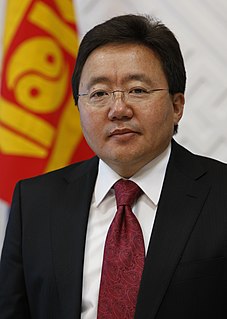A Quote by Marcus Tullius Cicero
Freedom is a man's natural power of doing what he pleases, so far as he is not prevented by force or law.
Related Quotes
Every man should be responsible to others, nor should anyone be allowed to do just as he pleases; for where absolute freedom is allowed there is nothing to restrain the evil which is inherent in every man. But the principle of responsibility secures that which is the greatest good in states; the right persons rule and are prevented from doing wrong, and the people have their due. It is evident that this is the best kind of democracy, and why? because the people are drawn from a certain class.
Only a law-order which holds to the primacy of God's law can bring forth true freedom, freedom for justice, truth, and godly life. Freedom as an absolute is simply an assertion of man's "right" to be his own god; this means a radical denial of God's law-order. "Freedom" thus is another name for the claim by man to divinity and autonomy. It means that man becomes his own absolute.
By nature's law, every man has a right to seize and retake by force his own property taken from him by another, by force of fraud. Nor is this natural right among the first which is taken into the hands of regular government after it is instituted. It was long retained by our ancestors. It was a part of their common law, laid down in their books, recognized by all the authorities, and regulated as to circumstances of practice.
[G]overnment can, instead of extending freedom, restrict freedom. And note ... that the 'can' quickly becomes 'will' the moment the holders of government power are left to their own devices. This is because of the corrupting influence of power, the natural tendency of men who possess some power to take unto themselves more power. The tendency leads eventually to the acquisition of all power - whether in the hands of one or many makes little difference to the freedom of those left on the outside.











































